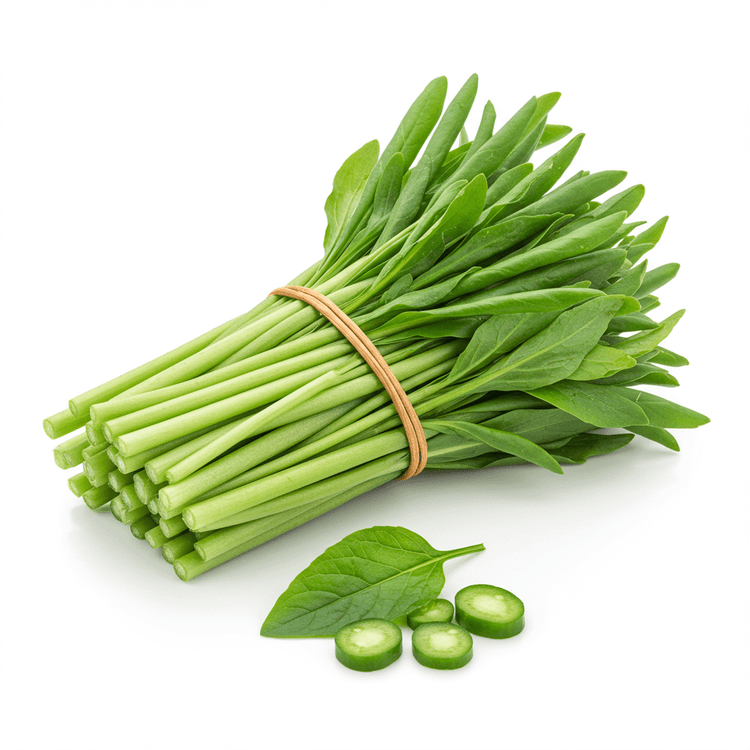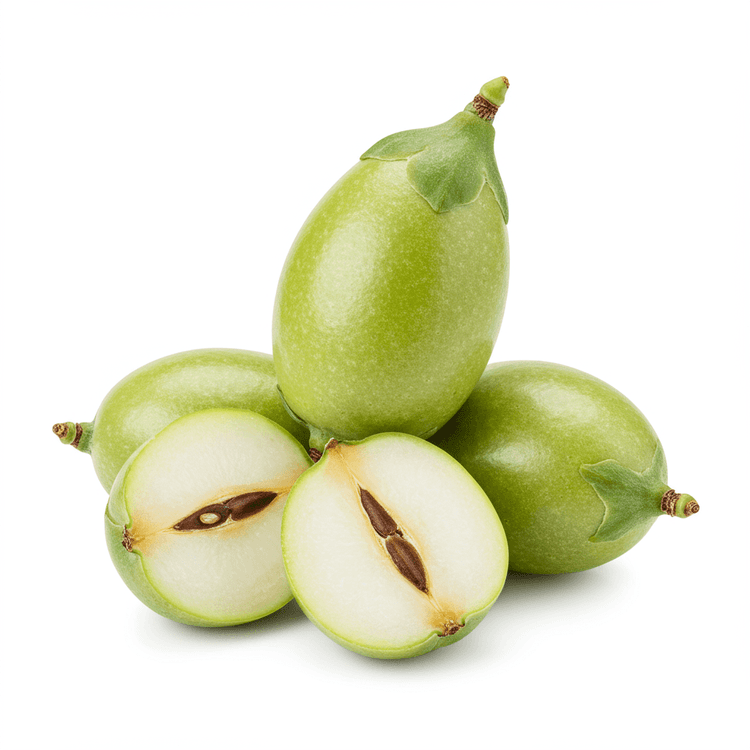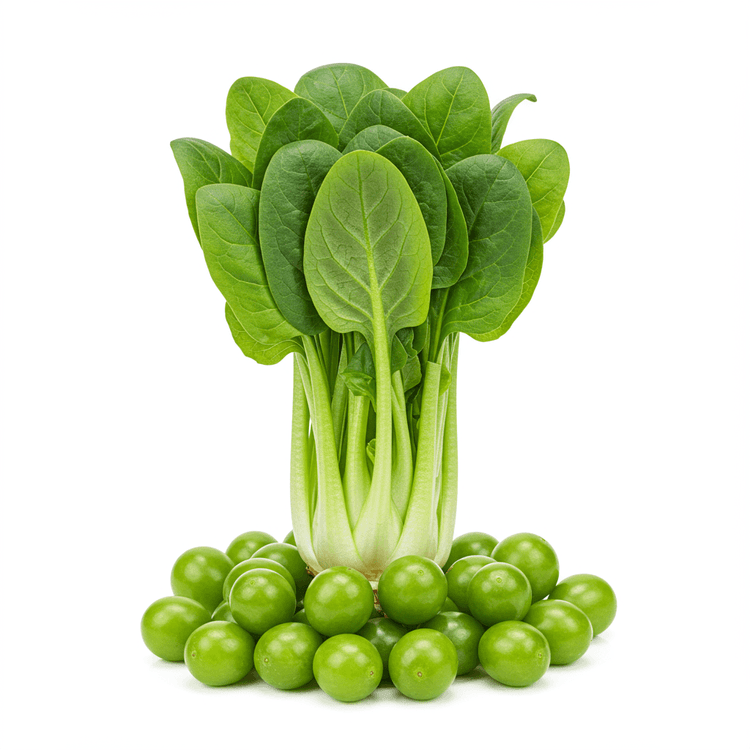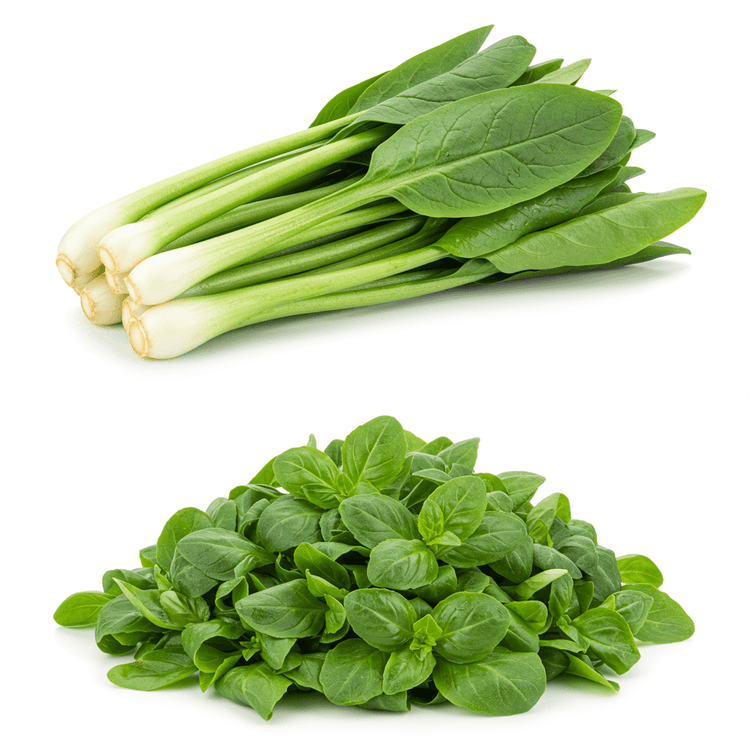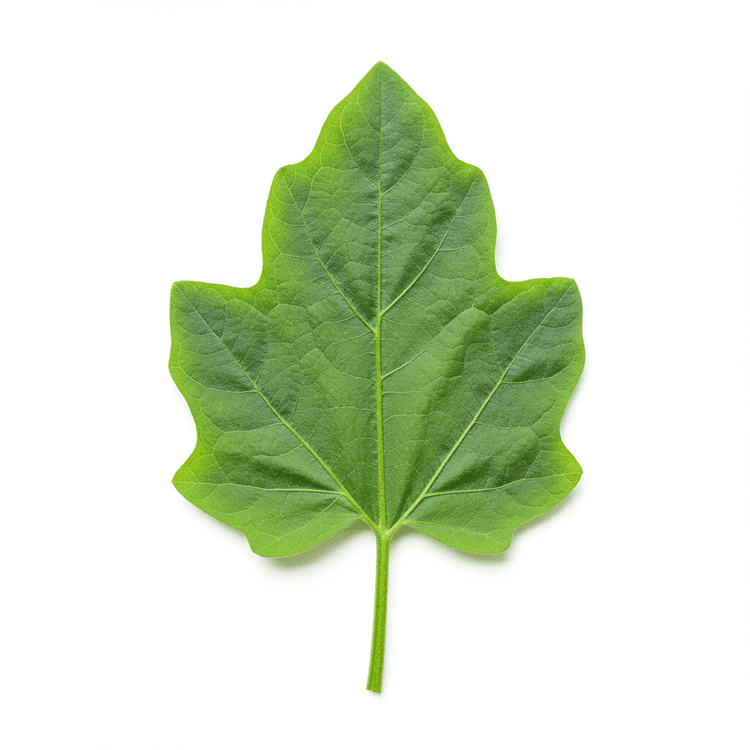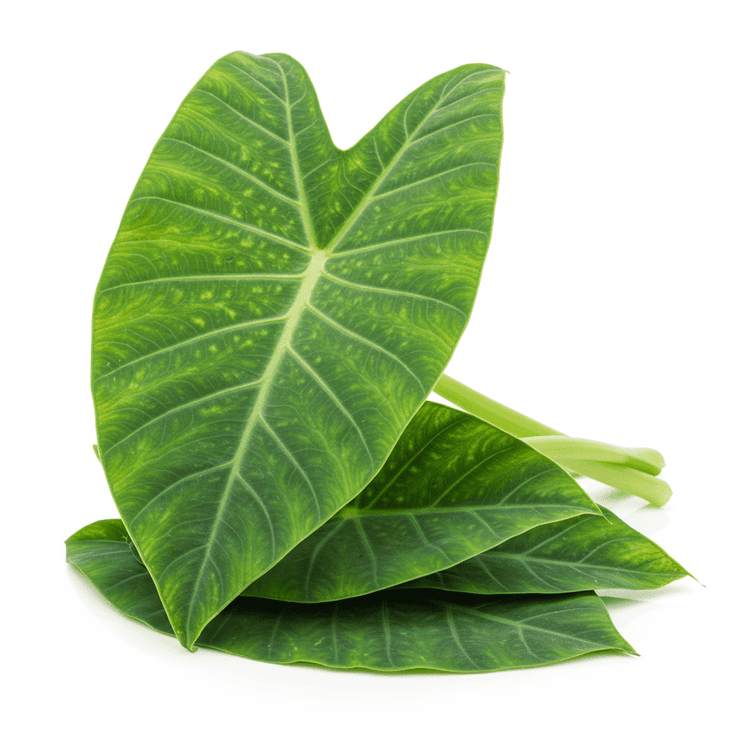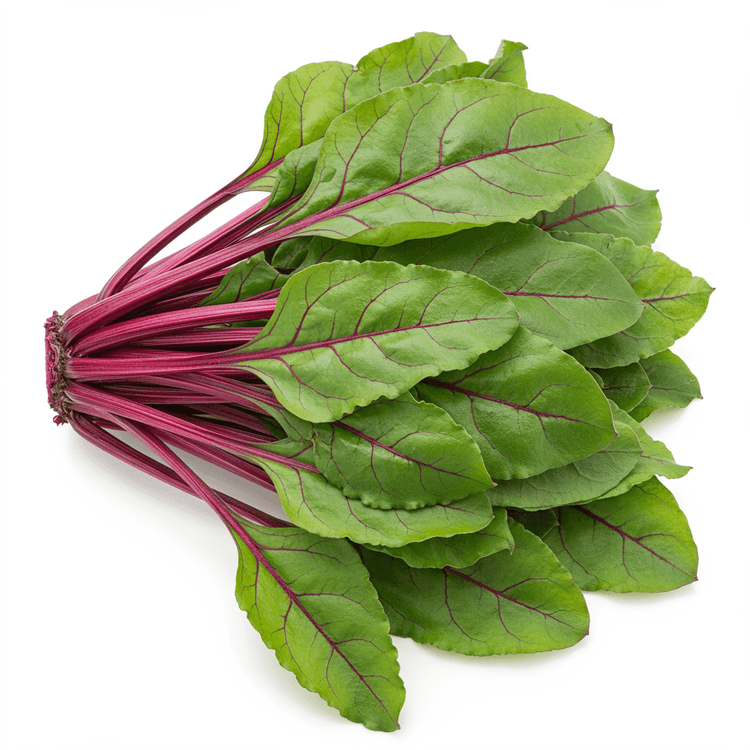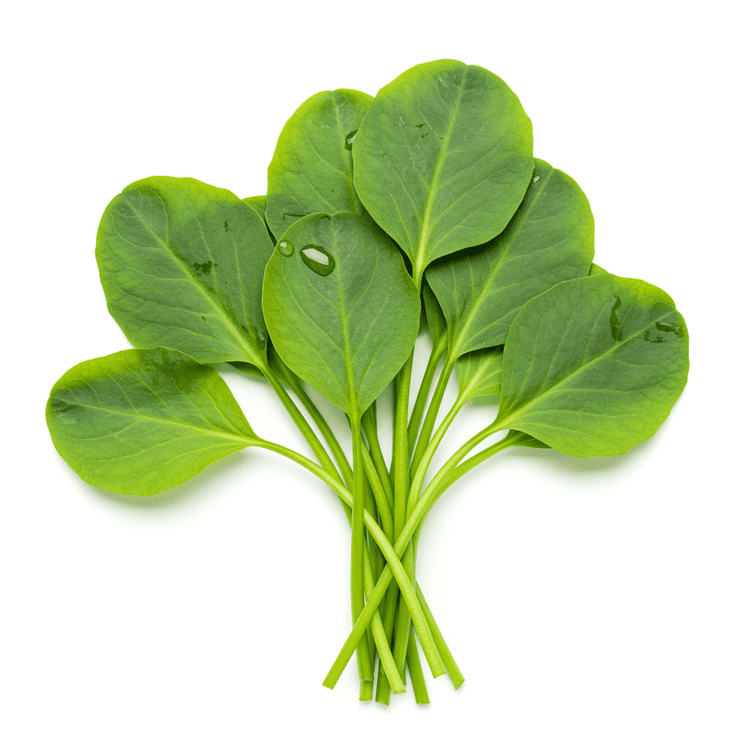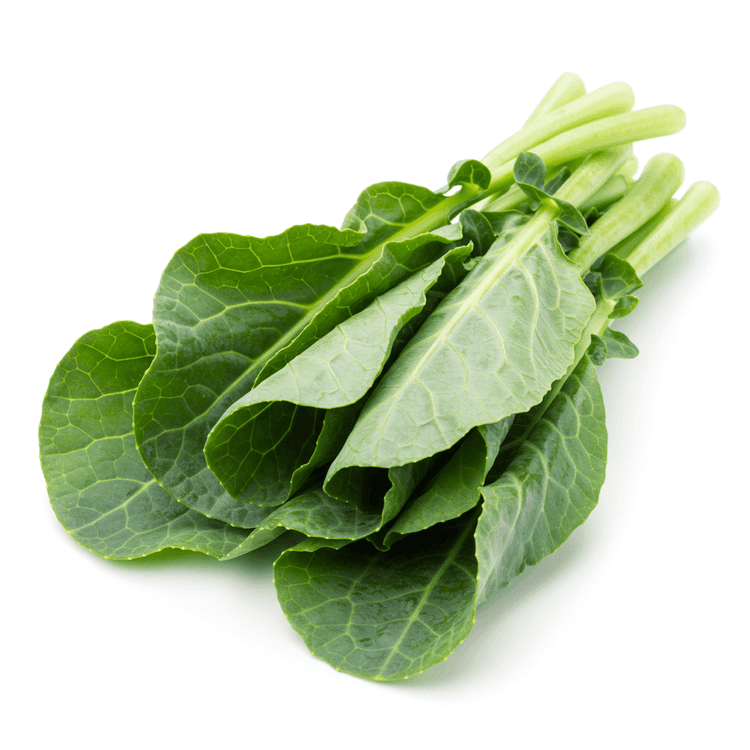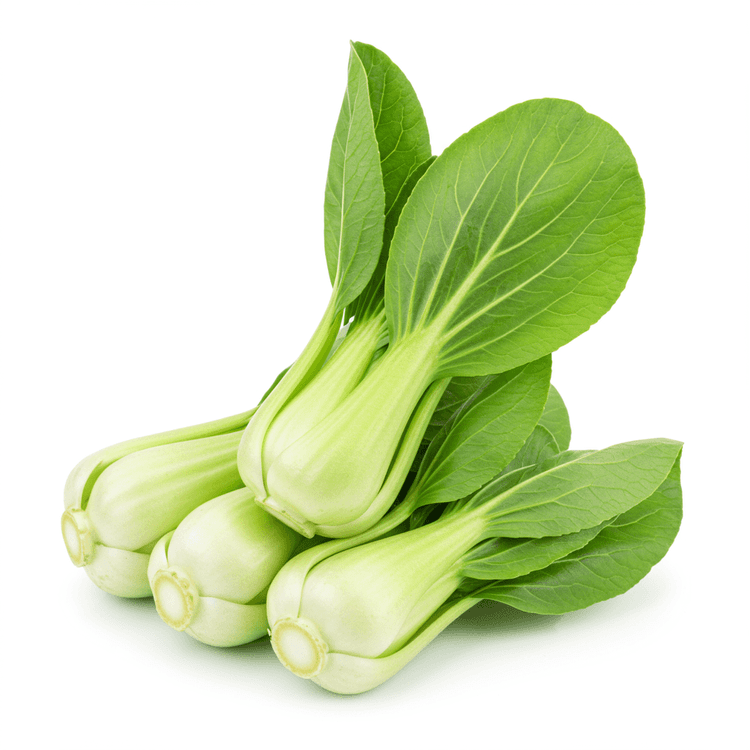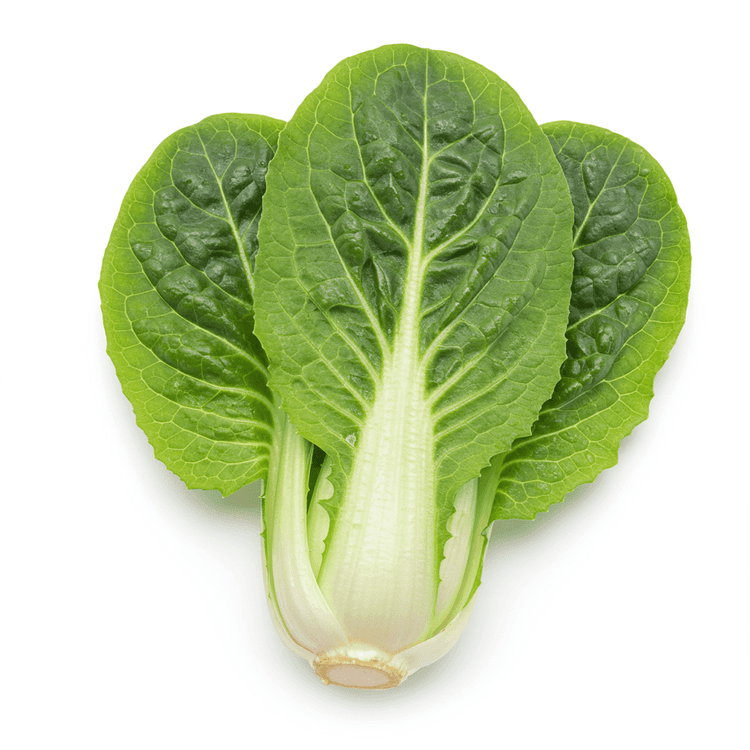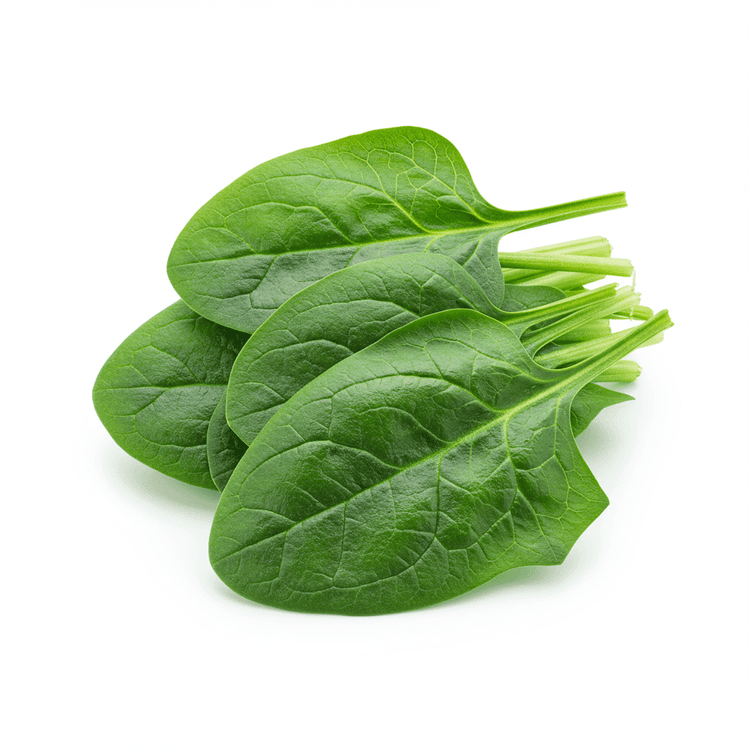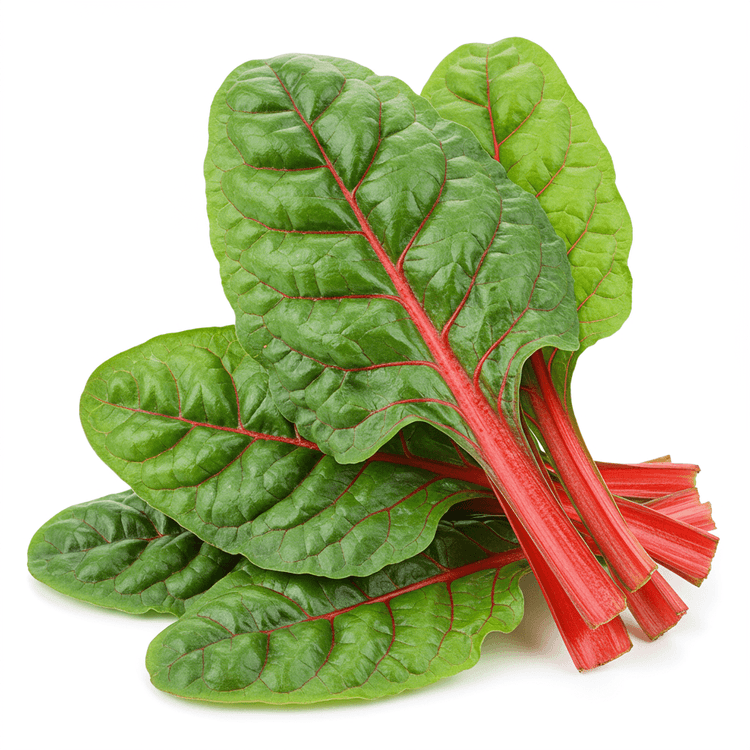
Swiss Chard
Swiss chard is a leafy green vegetable characterized by its vibrant, colorful stalks which can range from white and yellow to red and purple. Its broad, crinkled leaves offer a slightly bitter, earthy flavor that mellows upon cooking. Similar to spinach and beet greens in taste, swiss chard provides a substantial texture and can be enjoyed raw in salads when young, or cooked as a versatile side dish. Looking for healthy and delicious leafy green vegetable options? Try incorporating fresh swiss chard into your diet!
Common Uses
- Swiss chard can be sauteed with garlic and olive oil for a simple and healthy side dish. Looking for a nutritious side dish recipe? Sauteed swiss chard is a great option.
- The leaves can be chopped and added to soups and stews to enhance their nutritional value and add a slightly bitter note. Want to boost the nutrients in your soup? Add swiss chard!
- Swiss chard stalks can be cooked separately from the leaves, similar to asparagus, and served as a vegetable side dish. Considering new ways to prepare vegetables? Try cooking swiss chard stalks.
- Blanched swiss chard leaves can be used as a wrap for fillings like rice, meat, or vegetables, offering a healthy alternative to traditional wraps. Seeking a low-carb wrap option? Use blanched swiss chard leaves.
- Swiss chard can be incorporated into frittatas, quiches, or omelets to add color, flavor, and nutritional value. Looking for healthy breakfast ideas? Add swiss chard to your eggs!
- Finely chopped swiss chard leaves can be added to pasta sauces, providing a boost of vitamins and minerals without significantly altering the flavor profile. Want to sneak extra vegetables into your family's meals? Try adding swiss chard to pasta sauce.
Nutrition (per serving)
Nutrition (per serving)
Calories
7.0kcal (0.35%)
Protein
0.7g (1.4%)
Carbs
1.4g (0.51%)
Sugars
0.4g (0.8%)
Healthy Fat
0.1g
Unhealthy Fat
0.0g
% Daily Value based on a 2000 calorie diet
Nutrition (per serving)
Calories
7.0kcal (0.35%)
Protein
0.7g (1.4%)
Carbs
1.4g (0.51%)
Sugars
0.4g (0.8%)
Healthy Fat
0.1g
Unhealthy Fat
0.0g
% Daily Value based on a 2000 calorie diet
Health Benefits
- Rich in Vitamins: Excellent source of Vitamin K, Vitamin A, and Vitamin C, supporting bone health, vision, and immune function.
- Powerful Antioxidants: Contains antioxidants like betalains and flavonoids, which may protect against cellular damage and reduce the risk of chronic diseases.
- Supports Heart Health: High in potassium, which helps regulate blood pressure and may reduce the risk of heart disease.
- Aids Digestion: High fiber content promotes healthy digestion and prevents constipation.
- Good Source of Magnesium: Essential for muscle and nerve function, blood sugar control, and blood pressure regulation.
- May Help Manage Blood Sugar: Certain compounds in Swiss chard may help improve insulin sensitivity and regulate blood sugar levels.
Substitutes
Chefadora AI is here.
Experience smarter, stress-free cooking.
Storage Tips
To store Swiss chard properly, first remove any excess moisture by gently patting the leaves dry. Wrap the chard loosely in a paper towel or a clean cloth and place it in a plastic bag with a few holes for ventilation, or in a reusable storage container. Store in the crisper drawer of your refrigerator. Swiss chard is best used within 3-5 days for optimal freshness and flavor. Avoid washing the chard before storing, as moisture encourages spoilage. Washed chard should be used within a day or two.
Marnirni-apinthi Building, Lot Fourteen,
North Terrace, Adelaide, South Australia, 5000
Australia
